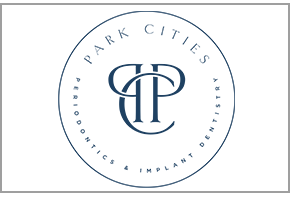The effect of various sedatives can range from mild relaxation to a very deep sleep. Also, sedatives can be administered in a various forms, such as intravenous (IV), inhalation (a gas), or orally (a liquid or pill). The route of administration as well as the safest dosage will be dependent upon your general health and the details of the anticipated dental procedure.
For clues about your need for sedation, consider the following questions:
- Are you anxious, nervous, or afraid about your treatment?
- Is your dental treatment expected to be lengthy or extensive?
- Is your treatment surgical in nature? (This includes gum surgery, grafting procedures, and dental implants.)
- Would you prefer not to remember the details of the procedure?
- Does your periodontist recommend sedation?
If you have answered ‘yes’ to one more of these questions, then you may find that sedation dentistry could be helpful during your dental procedure.
Sedation is a nice way to make sure that your dental procedure is smooth and relaxing. It’s also safe. The entire dental team has been trained to monitor you for safety during your procedure, although most forms of sedation will enable you to remain in control of your own functions and movements. For example, both nitrous oxide analgesia (laughing gas) and conscious sedation can quell your anxiety and raise your threshold for pain without restricting your ability to breathe on your own or respond to the verbal commands of the periodontist and the rest of the dental team.
Schedule your consultation with Dr. Beth Tomlin to learn more about sedation dentistry.
